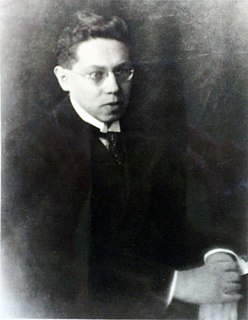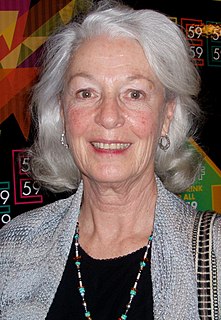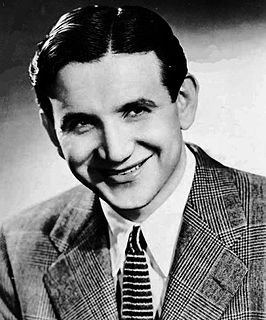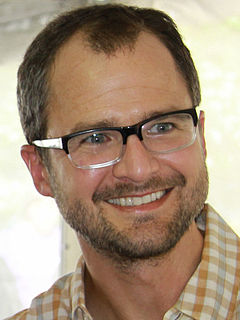A Quote by Lion Feuchtwanger
Asking the author of historical novels to teach you about history is like expecting the composer of a melody to provide answers about radio transmission.
Related Quotes
When we teach a child to sing or play the flute, we teach her how to listen. When we teach her to draw, we teach her to see. When we teach a child to dance, we teach him about his body and about space, and when he acts on a stage, he learns about character and motivation. When we teach a child design, we reveal the geometry of the world. When we teach children about the folk and traditional arts and the great masterpieces of the world, we teach them to celebrate their roots and find their own place in history.
In the 1920s and 30s, when Radio Shack was young, a much earlier generation of nerds swarmed into these tiny shops to talk excitedly about building radios and other transmission devices. You might say that Radio Shack helped define gadget culture for four generations, from radio whizzes up to smartphone dorks.
Lately, I'm thinking a lot about, in parenting and in my writing, how to create a language about sexism in a way that is attractive and approachable to this age group. I can teach my daughter about not talking to strangers but I can't teach her about how to succeed in a sexist world or even how to exist as a body in a sexist world. I want to begin by asking girls what they want and why they want it? Interrogating that. If this is the sex life you want, what makes you think you want that? I imagine the only way to authentically get at sexuality is by asking those questions.







































